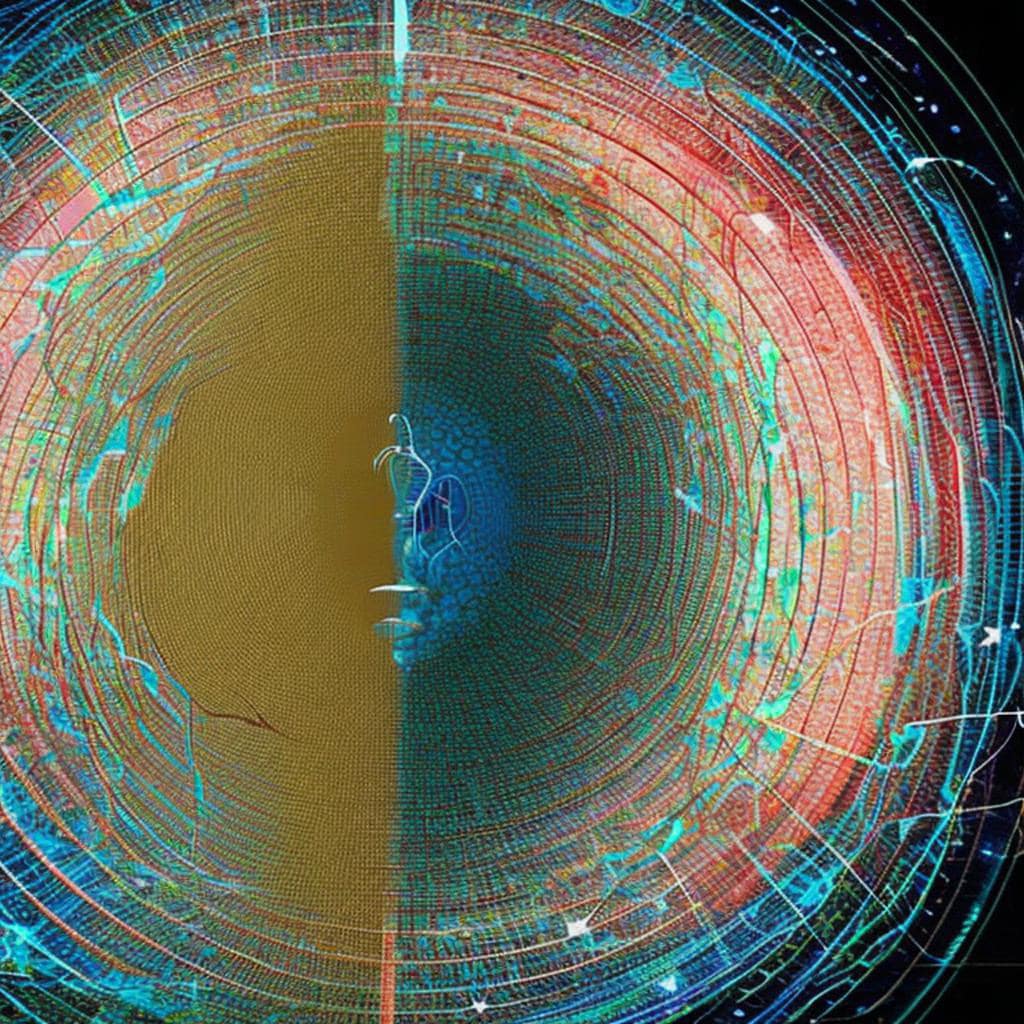Difference between Emotions and intelligence, as measured by Emotional Intelligence (EI) and Intelligence Quotient (IQ)
Emotions and intelligence, as measured by Emotional Intelligence (EI) and Intelligence Quotient (IQ) respectively, are distinct but related constructs.
Here’s an explanation of why they are differentiated:
Nature of Assessment
IQ primarily focuses on cognitive abilities such as logical reasoning, problem-solving, memory, and linguistic skills. It measures specific intellectual skills and provides an indication of a person’s cognitive capabilities. IQ tests typically assess skills that are considered important for academic and cognitive performance.
Emotional and Social Aspects
EI, on the other hand, encompasses a set of emotional and social skills that enable individuals to recognize, understand, manage, and utilize their emotions effectively, both in themselves and in their interactions with others. EI involves skills such as self-awareness, self-regulation, empathy, social skills, and motivation. These skills are crucial for effective emotional expression, interpersonal relationships, and social interactions.
Different Measurement Tools
IQ is typically measured using standardized psychometric tests that assess cognitive abilities, while EI is often measured through self-report questionnaires or assessments designed to evaluate emotional and social competencies.
Relationship and Impact
Intelligence and emotional intelligence are related but distinct constructs. Research has shown that individuals with higher IQ scores tend to perform better in tasks that require logical reasoning and problem-solving. Similarly, individuals with higher EI scores often exhibit better emotional self-awareness, empathy, and social skills. However, having a high IQ does not guarantee high emotional intelligence, and vice versa. They represent different aspects of human functioning and contribute to different domains of life.
Intelligence and emotional intelligence are not mutually exclusive. Both are valuable and contribute to an individual's overall well-being and success in various areas of life, including academic, professional, and social domains. Recognizing and nurturing both cognitive and emotional abilities can lead to a more comprehensive understanding and development of human potential.
A comparative table that highlights the main differences between Emotional Intelligence (EI) and Intelligence Quotient (IQ)
| Aspect | Emotional Intelligence (EI) | Intelligence Quotient (IQ) |
| Focus | Emotions, social skills, and interpersonal interactions | Cognitive abilities, logical reasoning, problem-solving, and memory |
| Assessment | Often measured through self-report questionnaires or assessments | Measured using standardized psychometric tests |
| Skills | Emotional awareness, empathy, self-regulation, social skills, motivation | Logical reasoning, problem-solving, memory, linguistic skills |
| Impact | Influences emotional expression, relationships, and social interactions | Impacts academic performance, cognitive tasks, and problem-solving |
| Measurement Tools | Questionnaires, self-report assessments, and behavioral observations | Standardized tests, such as IQ tests |
| Relationship | Correlates with social competence, leadership, and interpersonal success | Correlates with academic performance, cognitive abilities, and success |
| Mutual Exclusivity | Emotional intelligence can exist independent of IQ, and vice versa | Emotional intelligence and IQ can coexist in individuals |
It’swhile this table outlines some general distinctions between EI and IQ, they are not entirely separate or mutually exclusive. Both EI and IQ contribute to an individual’s overall cognitive and emotional abilities, and both can impact different aspects of an individual’s life, such as academic performance, career success, and interpersonal relationships. Emphasizing the development of both cognitive and emotional skills can lead to a more holistic approach to understanding and nurturing human potential.

Source OpenAI’s GPT language models, Fleeky, MIB, & Picsart
Thank you for questions, shares and comments!
Share your thoughts or questions in the comments below!






